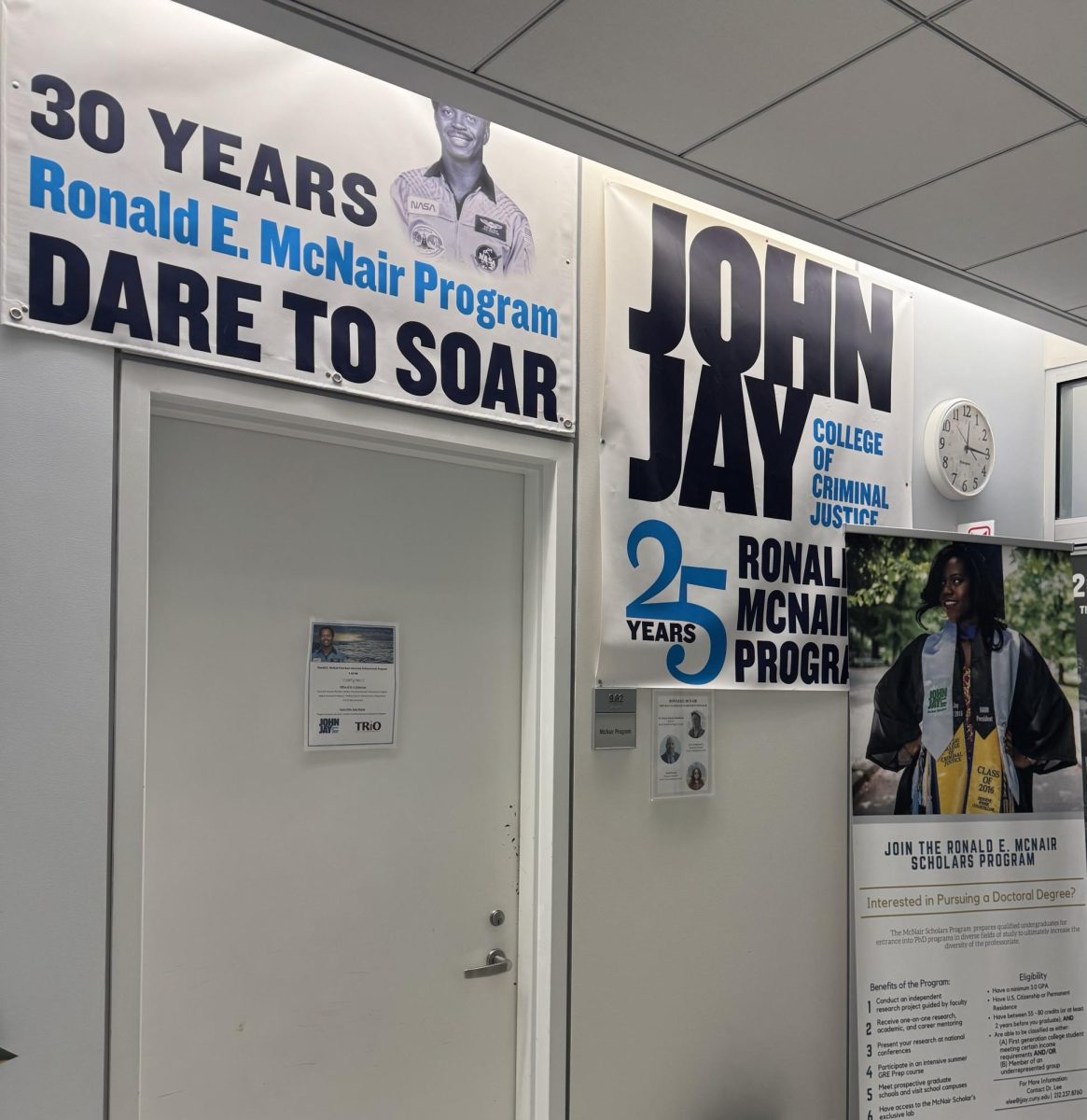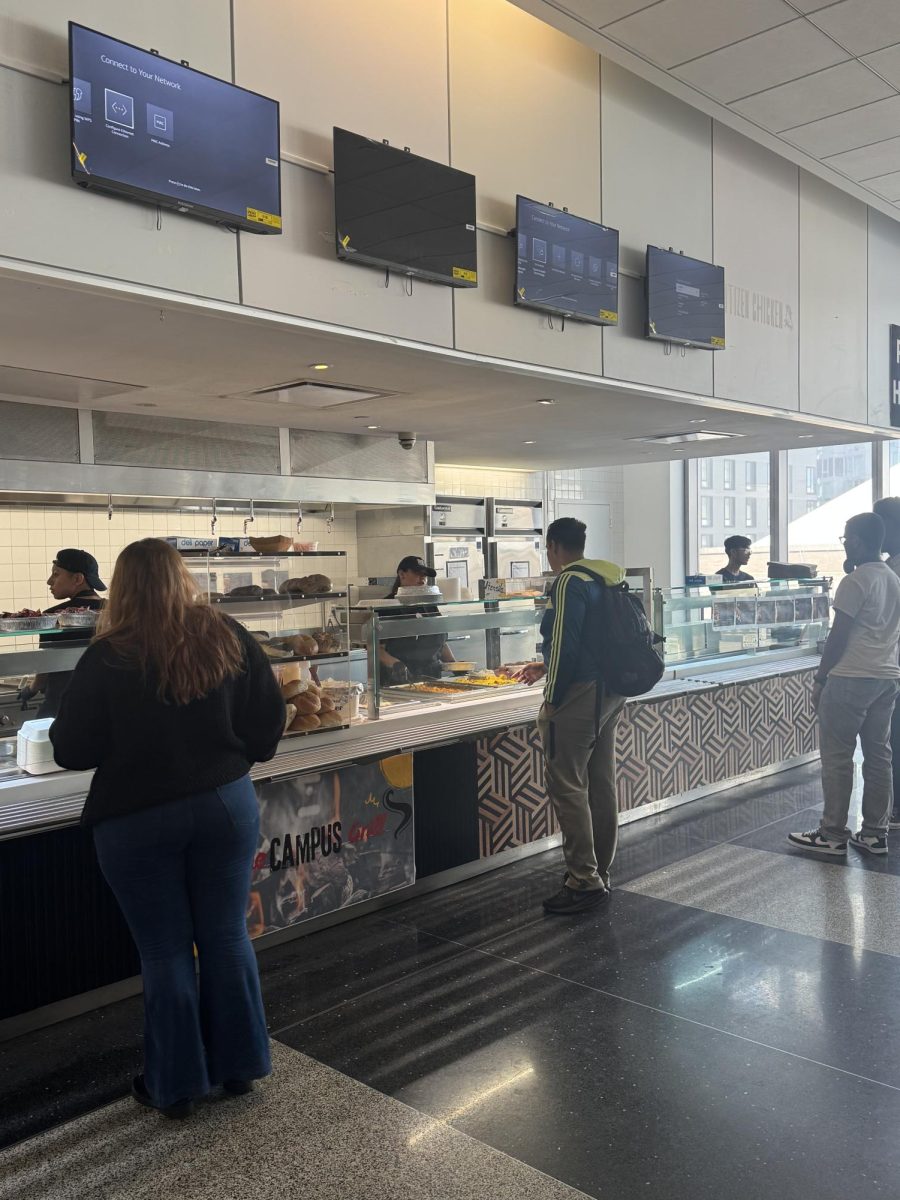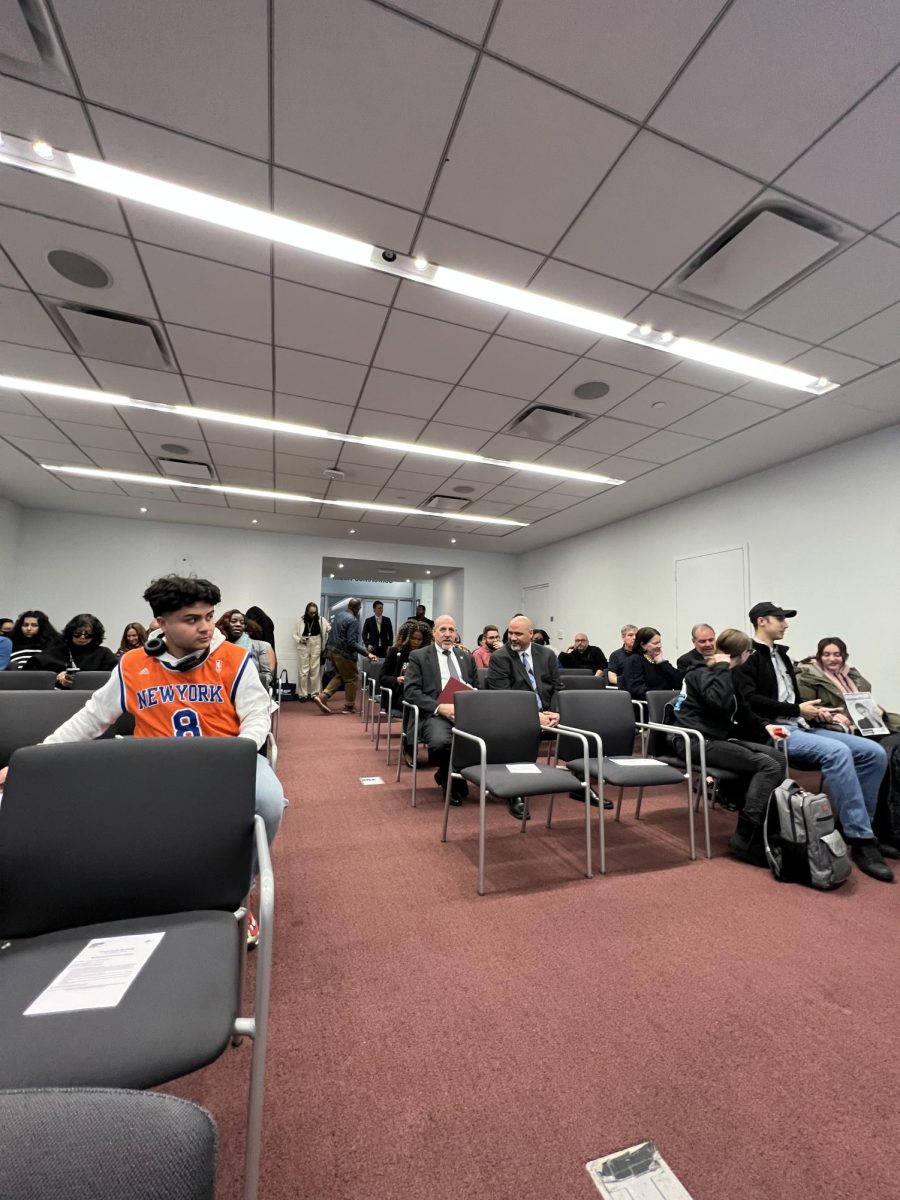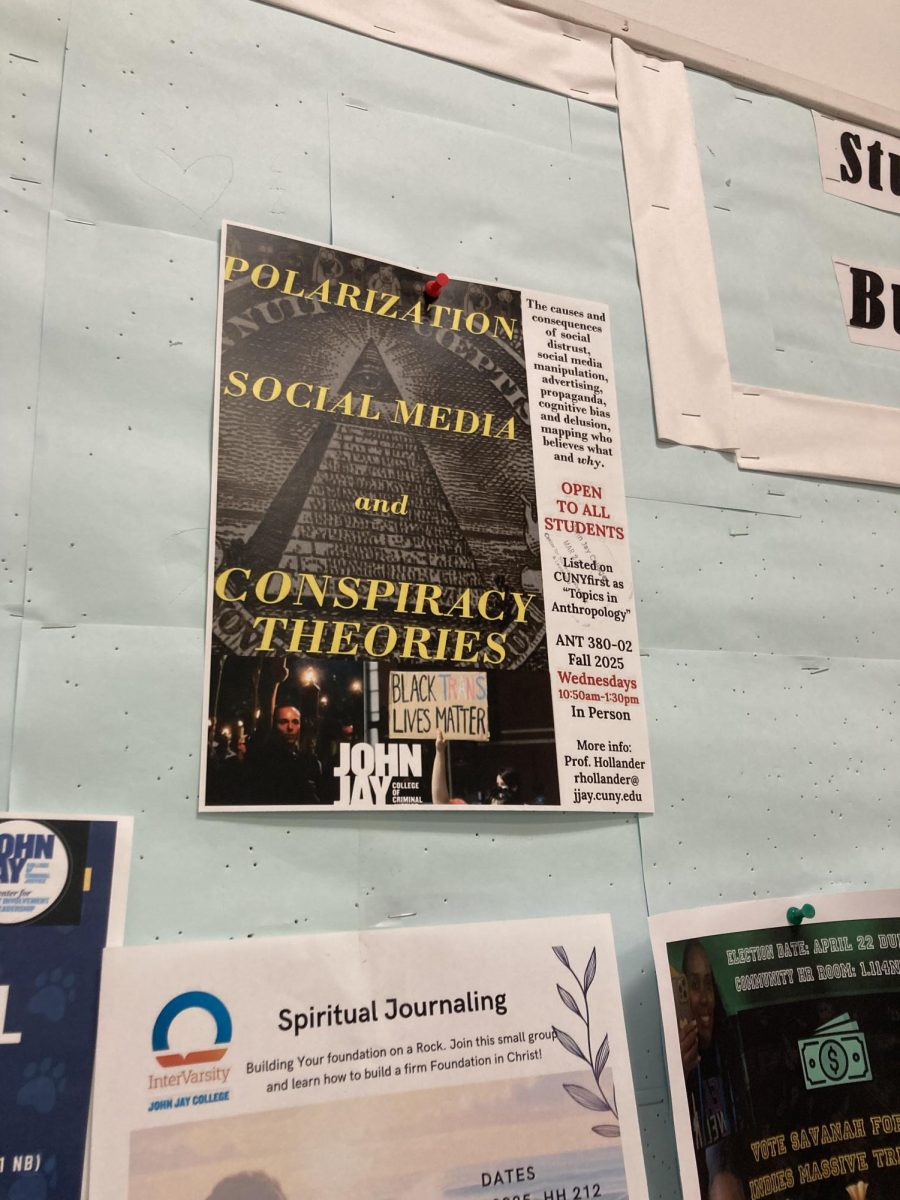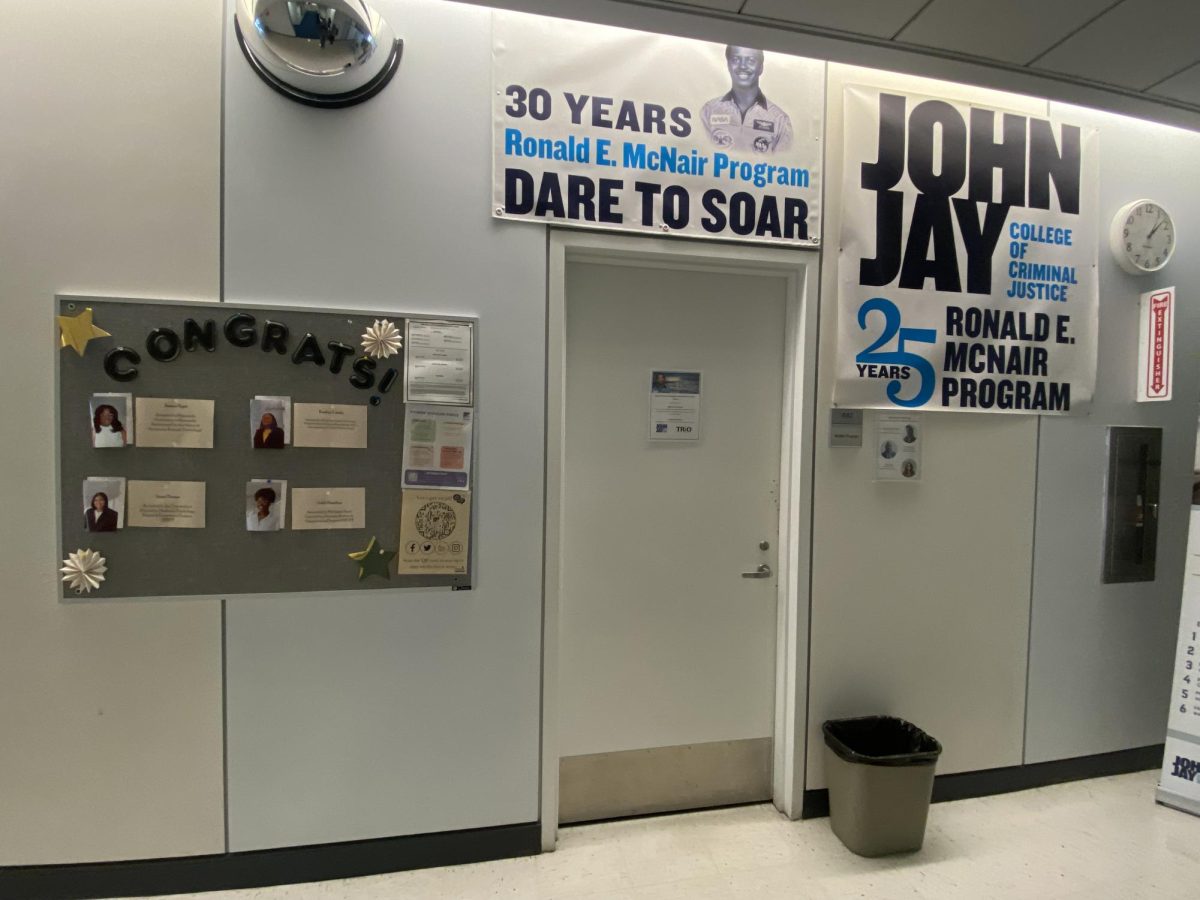After weeks of uncertainty, John Jay and Hunter Colleges’ McNair Postbaccalaureate Achievement Programs received their funding, securing money for stipends and programming for students interested in graduate school to conduct research.
The Grant Award Notifications (GANs), which are usually awarded from the Department of Education in late August around the beginning of the semester, were delayed due to the Trump administration withholding $660 million worth of aid from over 2,000 TRIO programs, designed to provide services to students from disadvantaged backgrounds.
This freeze spurred the “McNair Day of Action” on September 16, a day dedicated to contacting Congress members and sharing stories emphasizing the importance of the McNair Program, which provides undergraduate students at the college interested in graduate school with research experience and application resources. Out of the 160 McNair programs across the country, 18 were cancelled.
The McNair program was established at John Jay in 1992, and has yielded over 50 Ph.D. and over 300 master’s students. John Jay and Hunter are the only McNair programs within CUNY.
Dr. S. Ernest Lee, Associate Director of the McNair Program at John Jay, noted his relief at the issuing of GANS for this funding cycle for TRIO programs.
“It’s proven that it’s been effective at helping people get their future degrees, so it would’ve been unfortunate if that didn’t continue,” he said.
Andrew Vargas, a Toxicology major who graduated in May, is one example of the program’s success. Vargas, a first-generation college student, was a part of the McNair program during his time at John Jay, and is now pursuing a fully-funded PhD in public health at Johns Hopkins University.
“I am witnessing the impact of the McNair program even now in my PhD program,” Vargas said.
“The transition into my PhD has been smooth because McNair exposed me to aspects of graduate school while I was still an undergrad.”

Vargas attributed his success to the workshops he attended as a McNair student that introduced him to some of the tasks that are now expected of him as a graduate student.
“I feel like I would have been so lost if it weren’t for the basic skills I gained in McNair – reading scientific literature, but also learning how to understand the methods behind research, the ‘how’ and ‘why’ of research instead of just the ‘what,’” said Vargas.
Besides the practical skills he learned from McNair, Vargas also benefited from the program’s stipend, which allowed him to support himself as a full-time student and focus on his research.
“To defund McNair is to defund the future of scientific inquiry,” said Vargas. “McNair scholars are constantly breaking through glass ceilings, pushing through systemic barriers, and paving the road for a more equitable tomorrow through scientific research.”
Gabriel Martinez, a junior Forensic Science major in the McNair program, shared Vargas’s sentiment.
“It would’ve been very disappointing had a program that has been around for more than 30 years lost its funding despite the countless individuals it has helped get into higher education,” he said. “It was very targeted, especially since it’s meant to help those who don’t have any guidance in higher education.”
The threat to McNair funding is not new. In fact, the Trump administration proposed cutting funding for TRIO programs in May. However, due to high support of TRIO programs in Congress, these attempts have remained unsuccessful. Yet, as the future of the Department of Education remains uncertain, it’s unclear what is in store for TRIO programs, including McNair.
“Its a sign of the times that we’re in overall,” said Dr. Lee.



